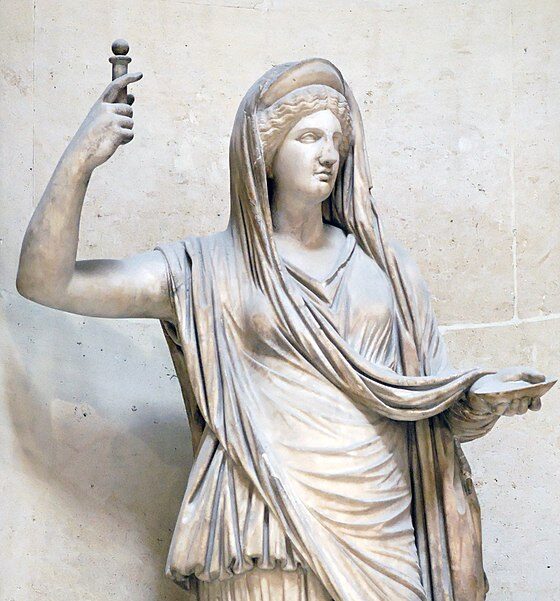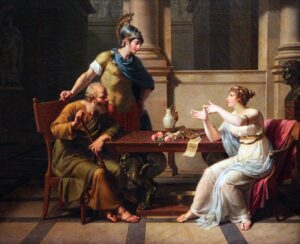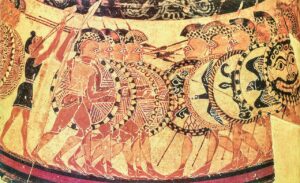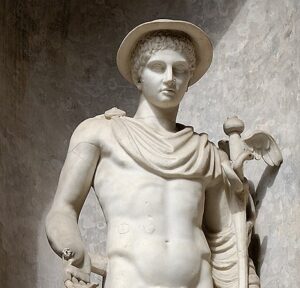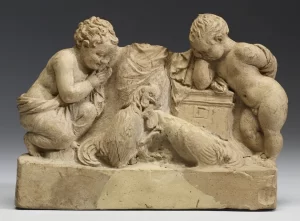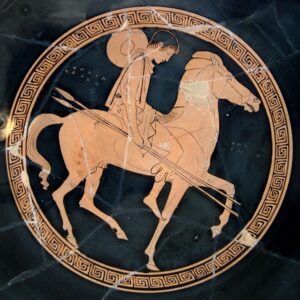Hera was the ancient Greek goddess of marriage, women, and childbirth. She was the queen of the gods and one of the most powerful and respected goddesses in ancient Greek mythology. Furthermore, she was the wife of Zeus, the king of the gods, and associated with the sky and was considered the protector of the natural world. Hera was often depicted as a beautiful, regal woman.
Hera’s Origins and Characteristics
Hera was a daughter of Cronus and Rhea and was considered to be one of the twelve Olympian gods and goddesses of ancient Greek mythology. As stated above, she was often depicted as a beautiful woman. Her symbols included the peacock, a bird associated with her because of its striking beauty and regal presence.
In mythology, she was known for her jealousy and her fierce protectiveness of Zeus and their marriage. She was often depicted as being in conflict with other goddesses and with the mortal children of Zeus.
Despite her jealous reputation, she was also revered as a symbol of motherhood and fertility, and was considered a protector of women and children. She was associated with the spring and summer months and was said to have the power to bring forth new life and to renew the natural world.
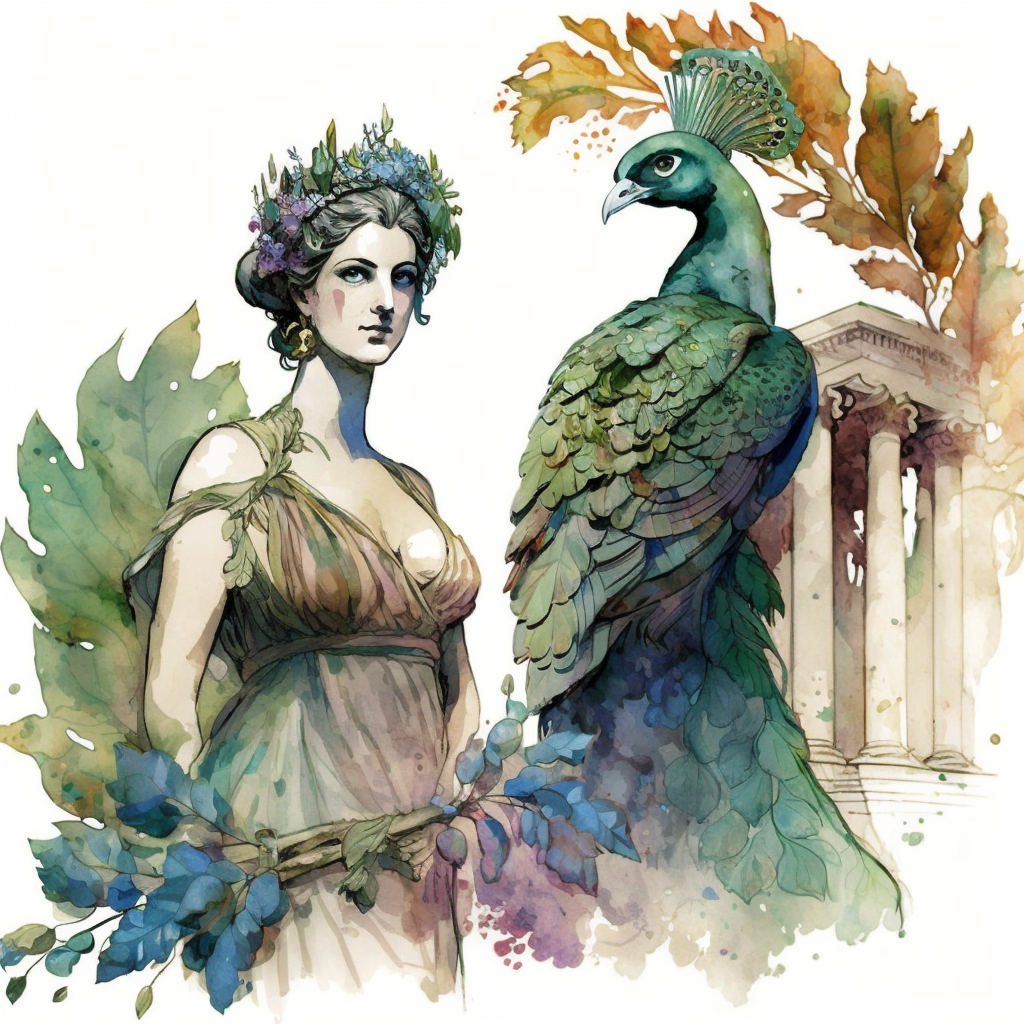
Hera in Ancient Greek Mythology
Ancient Greek mythology includes several stories about Hera. Some of the most well-known stories about her include:
- The story of her marriage to Zeus, in which she was courted by Zeus and later married him to become the queen of the gods. However, Zeus was known for his many extramarital affairs, which often led to conflicts between Zeus and Hera.
- The story of her role in the birth of Athena, in which Athena was born fully grown and armored from Zeus’s forehead after he swallowed Metis, the goddess of wisdom, who was pregnant with Athena. Hera was jealous of this affair and was said to have made Zeus’s head ache until Athena was born.
- The story of her role in the punishment of Semele, a mortal woman who was the mother of Dionysus. Semele was punished by Hera for having an affair with Zeus by being killed in a thunderbolt while pregnant with Dionysus.
- The story of her role in the punishment of the Titans, in which she played a key role in the defeat of the Titans and the rise of the Olympian gods.
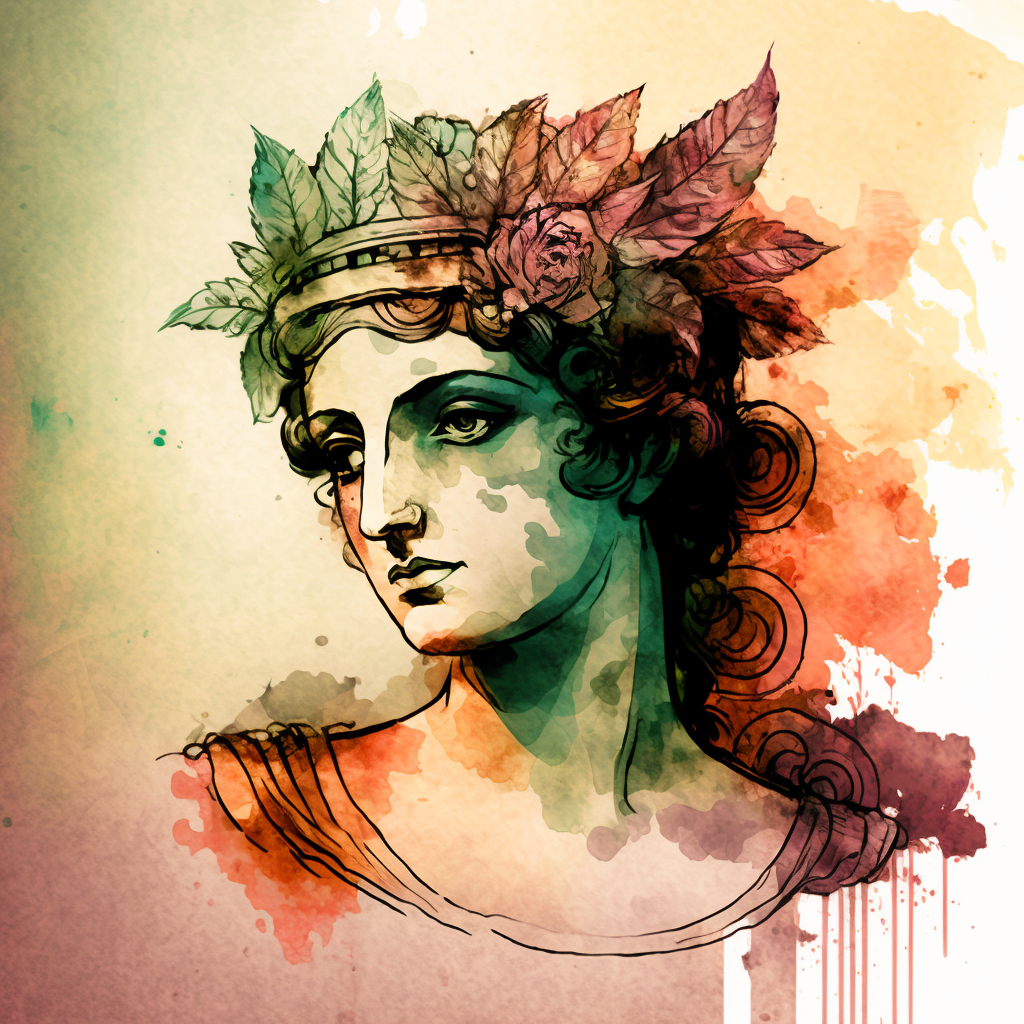
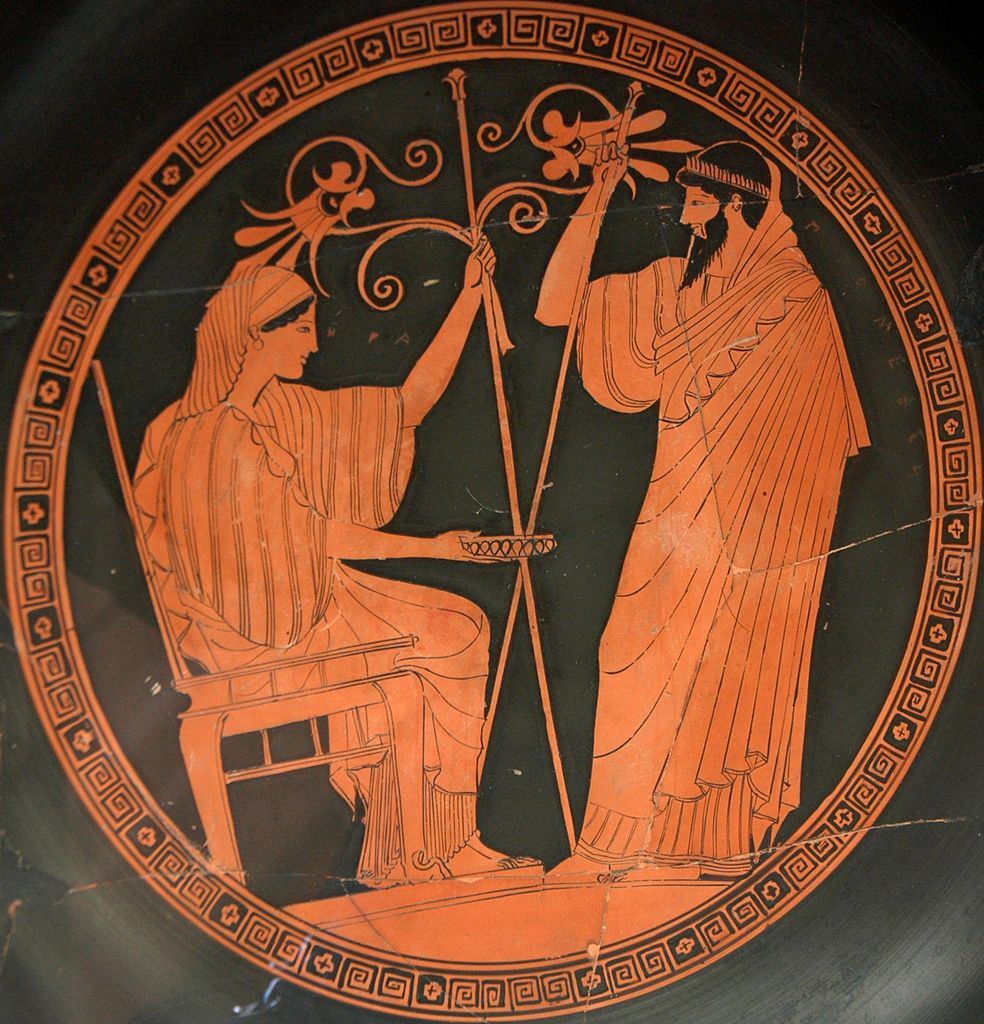
Significance of Hera as an Ancient Greek Goddess
In terms of importance, Hera was one of the twelve Olympian gods and was considered a powerful and respected figure in ancient Greek religion and culture. She was widely worshiped and revered, and many religious festivals and rituals were dedicated to her.
She was widely worshiped throughout ancient Greece, and many temples and shrines were dedicated to her honor. She was particularly revered in the city of Argos, where she was said to have been born, and in the city of Samos, where she was considered the patron goddess.
Today, her legacy lives on in the many works of art and literature that depict her, as well as in the continued popularity of classical mythology. She remains one of the most recognizable and beloved figures of ancient Greek mythology and continues to inspire the imagination of people around the world.

